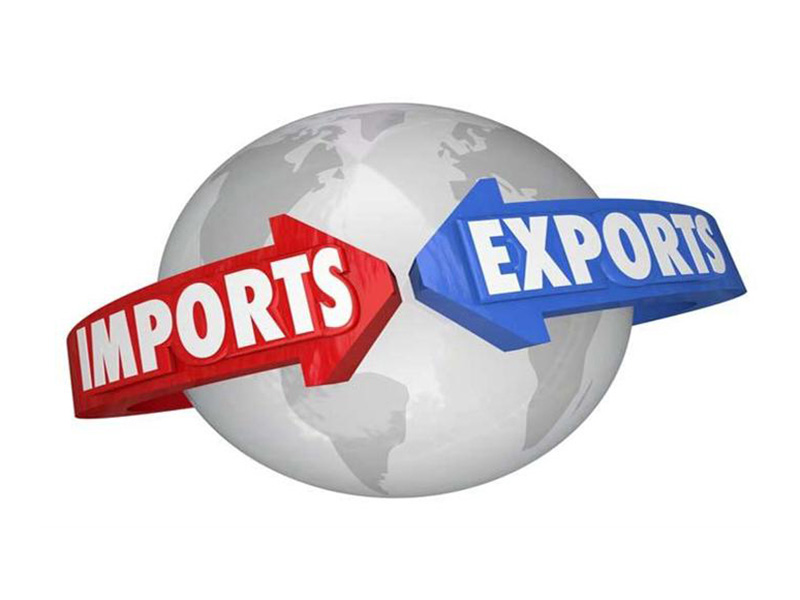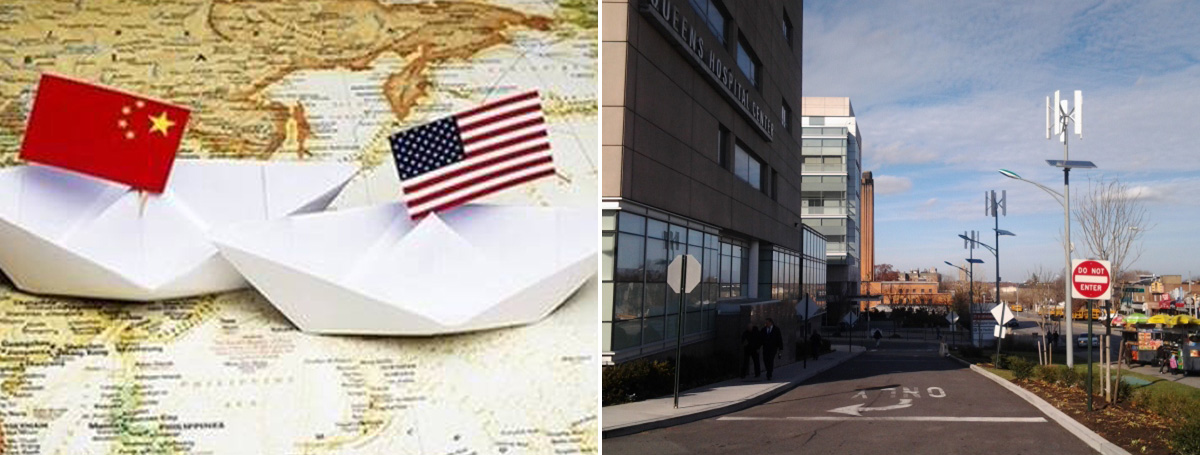
On May 3rd, the Office of the United States Trade Representative (USTR) announced that two actions to impose additional tariffs on Chinese goods exported to the United States based on the results of the so-called "Section 301 investigation" four years ago will expire on July 6th and August 23rd this year respectively. The office will initiate the legal review process for the relevant actions as of today.
In a statement on the same day, the USTR said it would notify domestic industry representatives in the United States who have benefited from the additional tariffs imposed on China that the relevant tariffs may be lifted. Industry representatives who wish to maintain tariffs must submit their applications to the USTR by July 5 and August 22 respectively. The USTR will conduct a review based on the application, and the tariffs will remain unchanged during the review period.
U.S. Trade Representative Katherine Tai also said at the event on the 2nd that the Biden administration will take all policy measures to curb the soaring prices, hinting at considering lowering tariffs on Chinese goods exported to the United States.
Background Review: The One-sided "Section 301 Investigation"
• The so-called "Section 301 investigation" originated from Section 301 of the United States Trade Act of 1974. This clause authorizes the USTR to launch investigations into "unreasonable or unfair trade practices" of other countries and may, after the investigation, recommend that the president impose unilateral sanctions.
• Such investigations are initiated, investigated, adjudicated and enforced unilaterally by the United States, and have a strong unilateralist color.
• Based on this survey, the United States imposed a 25% tariff on imports from China in two batches in July and August 2018.
The rising opposition within the United States has served as a catalyst for inflationary pressure
The policy of imposing additional tariffs on China has been strongly opposed by the business community and consumers in the United States. Recently, due to the sharp increase in inflationary pressure, calls within the United States for reducing or exempting additional tariffs on China have resurfaced:
• Dalip Singh, the deputy assistant to the US President for National Security Affairs, recently stated that some of the tariffs on China "lack strategic purpose", and the federal government could consider lowering tariffs on Chinese goods such as bicycles and clothing to stabilize prices.
• U.S. Treasury Secretary Janet Yellen also said recently that the government is carefully studying its trade strategy with China and that it is "worth considering" to lift the additional tariffs on Chinese goods exported to the United States.
It is worth noting that in the field of green technology, the products provided by Chinese enterprises are also serving infrastructure projects in the United States. For example, the Solar First Group designed and supplied the innovative wind-solar hybrid street lamp system in New York, the United States. These street lamps integrate solar panels and micro wind turbines, aiming to enhance energy efficiency and reliability.
However, such equipment aimed at promoting local sustainable development and energy-saving goals in the United States is also affected by Section 301 tariffs, increasing project costs. This further confirms the demands of the US business community and local governments for lower tariffs, arguing that the current tariff policy not only drives up inflation but also hinders the progress of public projects, including the clean energy transition.

China's position: Call for the removal of tariffs to bring relations back on track
A spokesperson for China's Ministry of Commerce previously clearly stated:
• The unilateral imposition of tariffs by the US side is detrimental to China, the US and the world.
• Under the circumstances of persistently rising inflation and challenges to the global economic recovery, it is hoped that the US side, proceeding from the fundamental interests of consumers and producers in both China and the US, will promptly lift all additional tariffs imposed on China and promote the early return of bilateral economic and trade relations to a normal track.
leave a message
Scan to wechat :
